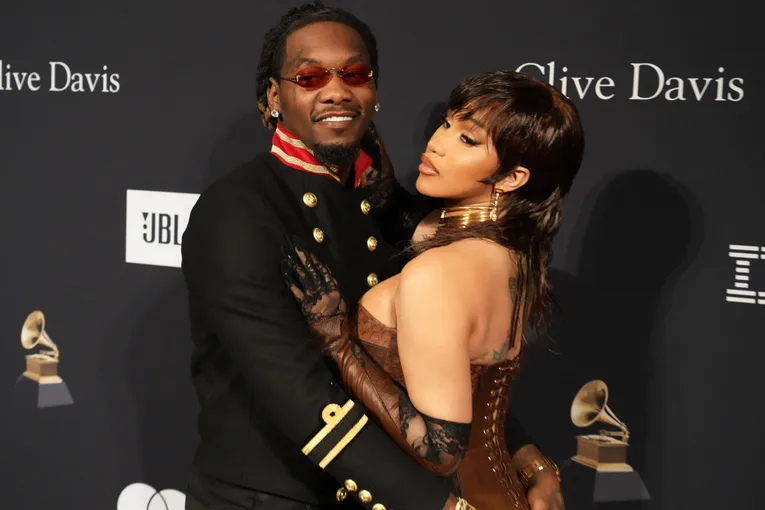Drake's newest lawsuit against UMG is essentially coming with some revised allegations compared to his previous two. Today, The Boy filed it after dropping the initial one which was sent into a New York Court back in November. After wiping the slate clean with his parent label, it left many wondering why Drake did this. Some were of the mindset that he didn't have enough evidence to support his claims. Others made up theories that he actually did. So much so that Spotify and UMG came to an agreement to save face. However, it's obviously clear now that he did so to send in this latest series of allegations.
This time it's all upon the feet of UMG with Drake suing for defamation and spreading the "false and malicious narrative" that he's a pedophile. He's alleging that they are doing this to eventual give themselves the upper hand in future contract negotiations. Overall, he claims that UMG saw a "gold mine" with "Not Like Us" and decided to do all they could to make tons of revenue off it. Speaking of looking to cash in, there's a section in the legal documents that highlights this quite a bit.
Drake Is Coming Forward With Similar Evidence To His Previous Petitions
After being able to spend more time with this fresh suit, sources are finding out some interesting details. Social media aggregator FearedBuck discovered that Drake namedropped quite a few notable content creators. Kai Cenat, Zias, NoLifeShaq, RDC Gaming, and CartierFamily are some of the more eye-catching reactors listed, and Drake's alleging UMG was up to something shady with them.
That being that they allegedly permitted all of these creators to make money off of reacting to "Not Like Us." That means that Drake is also alleging that UMG scrapped the copyright claims and because of this it allowed for the everyone involved benefit financially at the risk of his safety and well-being. The safety angle comes from Drizzy alleging that the label allowed Lamar to use his home, The Embassy, for the cover. He connected that to the shootings that occurred around the time of the song's release.







